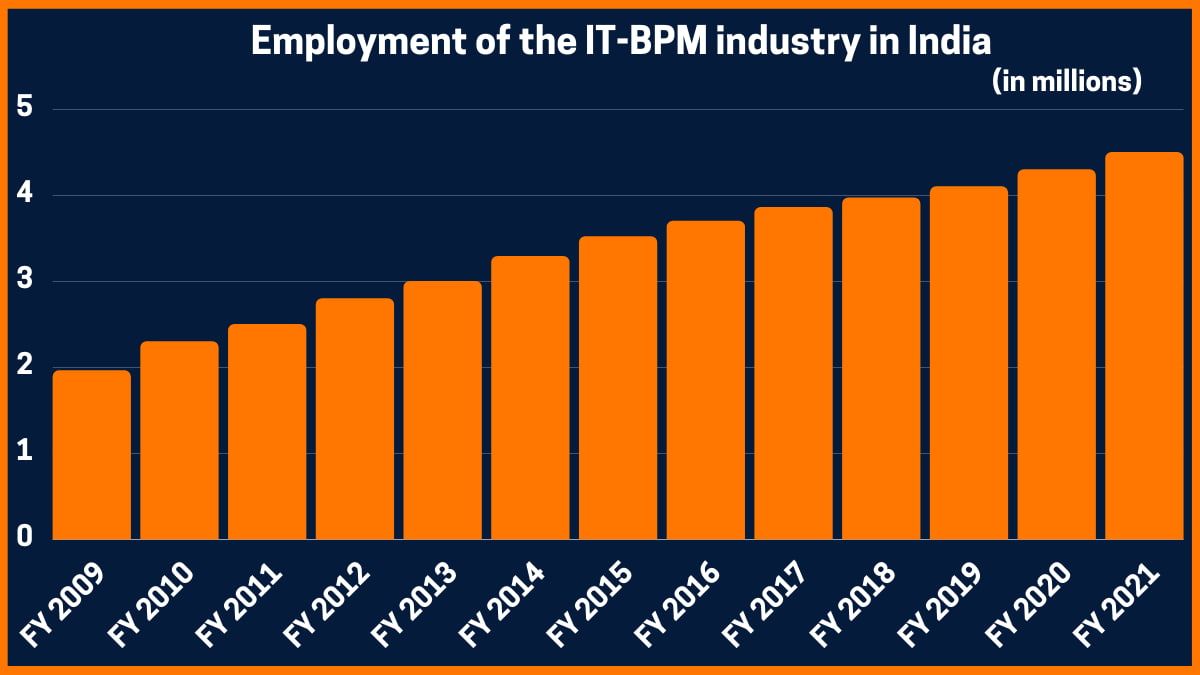
How to start a career in IT

Starting a career in IT requires a combination of education, practical skills, and a proactive approach to gaining experience. Here are some steps you can follow to begin your journey in the IT field:
- Determine Your Area of Interest: IT encompasses various domains such as software development, cybersecurity, networking, database management, data analysis, artificial intelligence, and more. Identify the specific area that interests you the most, as it will guide your learning path and career direction.
- Obtain a Relevant Degree or Certification: While not always necessary, having a formal education in IT can provide a strong foundation and increase your job prospects. Consider pursuing a degree in computer science, information technology, or a related field. Alternatively, you can opt for industry-recognized certifications, such as CompTIA A+, Cisco CCNA, Microsoft Certified Solutions Associate (MCSA), or Certified Ethical Hacker (CEH), depending on your chosen specialization.
- Develop Practical Skills: Alongside formal education, it’s crucial to build practical skills in your chosen IT area. Start by familiarizing yourself with programming languages, software tools, operating systems, and networking concepts relevant to your field. Online tutorials, coding boot camps, and self-paced learning platforms can be valuable resources for gaining practical skills.
- Build a Portfolio of Projects: To demonstrate your skills and showcase your abilities to potential employers, it’s essential to create a portfolio of projects. These projects can be personal undertakings, open-source contributions, or freelance work. Aim to tackle real-world problems and build functional solutions that highlight your expertise.
- Gain Practical Experience: Hands-on experience is highly valued in the IT industry. Seek internships, part-time jobs, or volunteer opportunities with companies or organizations that align with your career goals. This practical experience will provide you with insights into real-world scenarios, enhance your skills, and make you more marketable.
- Networking and Professional Connections: Engage with the IT community by attending industry events, conferences, and meetups. Join relevant online forums, social media groups, and professional networking platforms like LinkedIn. Building connections can lead to mentorship opportunities, job referrals, and valuable insights into the IT industry.
- Continuous Learning: The IT field evolves rapidly, so it’s crucial to stay updated with the latest trends and advancements. Commit to lifelong learning by regularly exploring new technologies, attending workshops, participating in online courses, and pursuing advanced certifications. This ongoing learning will help you stay competitive and adapt to changing industry demands.
- Job Search and Application: When you feel prepared, start applying for entry-level positions or internships in your desired IT field. Tailor your resume and cover letter to highlight relevant skills, projects, and experiences. Leverage your network and utilize online job platforms to search for opportunities. Be prepared for interviews by researching common interview questions and practicing your responses.
- Embrace Continuous Growth: Once you secure a job, embrace the opportunity to learn and grow within your role. Be open to taking on new challenges, expanding your skill set, and seeking mentorship from experienced professionals. Continuously improving your abilities will help you advance in your IT career.
Why choose a career in IT?

Choosing a career in Information Technology (IT) can be a rewarding and promising decision for several reasons:
- Job Demand and Growth: The IT industry has been experiencing significant growth for decades and shows no signs of slowing down. With the increasing reliance on technology in all aspects of life, businesses need skilled IT professionals to maintain, develop, and secure their systems.
- Diverse Opportunities: The IT field offers a wide range of specializations, from software development, cybersecurity, data analysis, network administration, cloud computing, artificial intelligence, and much more. This diversity allows individuals to find a niche that aligns with their interests and skills.
- Job Stability: IT professionals often enjoy a higher level of job security due to the demand for their expertise. As long as technology continues to advance, IT specialists will remain essential assets to companies.
- High Earning Potential: IT careers can be financially rewarding. Skilled IT professionals are often well-compensated, particularly those with in-demand skills and experience.
- Continuous Learning: The IT industry is ever-evolving, making it an excellent field for those who enjoy learning and staying up-to-date with the latest advancements. Continuous learning and professional development are inherent in IT careers, which can keep your work engaging and exciting.
- Flexibility: Many IT jobs offer flexible work arrangements, including remote work options. This flexibility allows for a better work-life balance and the ability to work from anywhere with an internet connection.
- Creativity and Problem-Solving: IT professionals frequently encounter unique challenges that require creative problem-solving. If you enjoy finding innovative solutions and tackling complex issues, IT could be a great fit.
- Global Opportunities: The IT industry is present all around the world, providing opportunities for international job placements and collaborations.
- Impact on Society: IT plays a vital role in improving various sectors, including healthcare, education, the environment, and communication. Working in IT allows you to contribute to meaningful projects that can positively impact people’s lives.
- Versatile Skill Set: Many skills developed in IT are transferable to other industries. For example, problem-solving, critical thinking, and project management skills are valuable in various career paths.
Jobs and Salary of IT Graduates
Here’s a table showcasing some common job roles in the IT industry in India along with their average salary ranges for graduates:
| Job Role | Average Salary Range (in INR) |
| Software Developer | 3,00,000 – 8,00,000 |
| Web Developer | 2,50,000 – 7,00,000 |
| Data Analyst | 3,50,000 – 9,00,000 |
| Network Administrator | 3,00,000 – 7,00,000 |
| System Administrator | 3,00,000 – 7,00,000 |
| IT Consultant | 4,00,000 – 10,00,000 |
| Cybersecurity Analyst | 4,50,000 – 12,00,000 |
| Cloud Architect | 5,00,000 – 15,00,000 |
| AI/ML Engineer | 5,00,000 – 12,00,000 |
| IT Project Manager | 6,00,000 – 15,00,000 |



